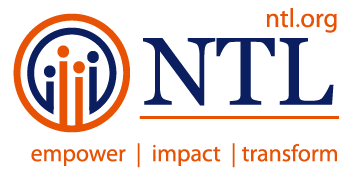Many social change organizations demonstrate their commitment todiversity and inclusion by serving a range of constituencies; havingdiverse members, staff, and/or boards; and working in broad coalitions.The importance of diversity may also be expressed in an organization'smission, policy, and strategic and program plans. Social change advocatesoften speak eloquently and forcefully about historical trends and the legalenshrinement of bigotry, how those acts affect us today, and the culturalassumptions that drive social trends. Yet even with clearly positiveintentions, patterns of bias and oppression may exist within social changeorganizations. In this essay, we offer our observations based on workwith numerous organizations as both activists and consultants.

